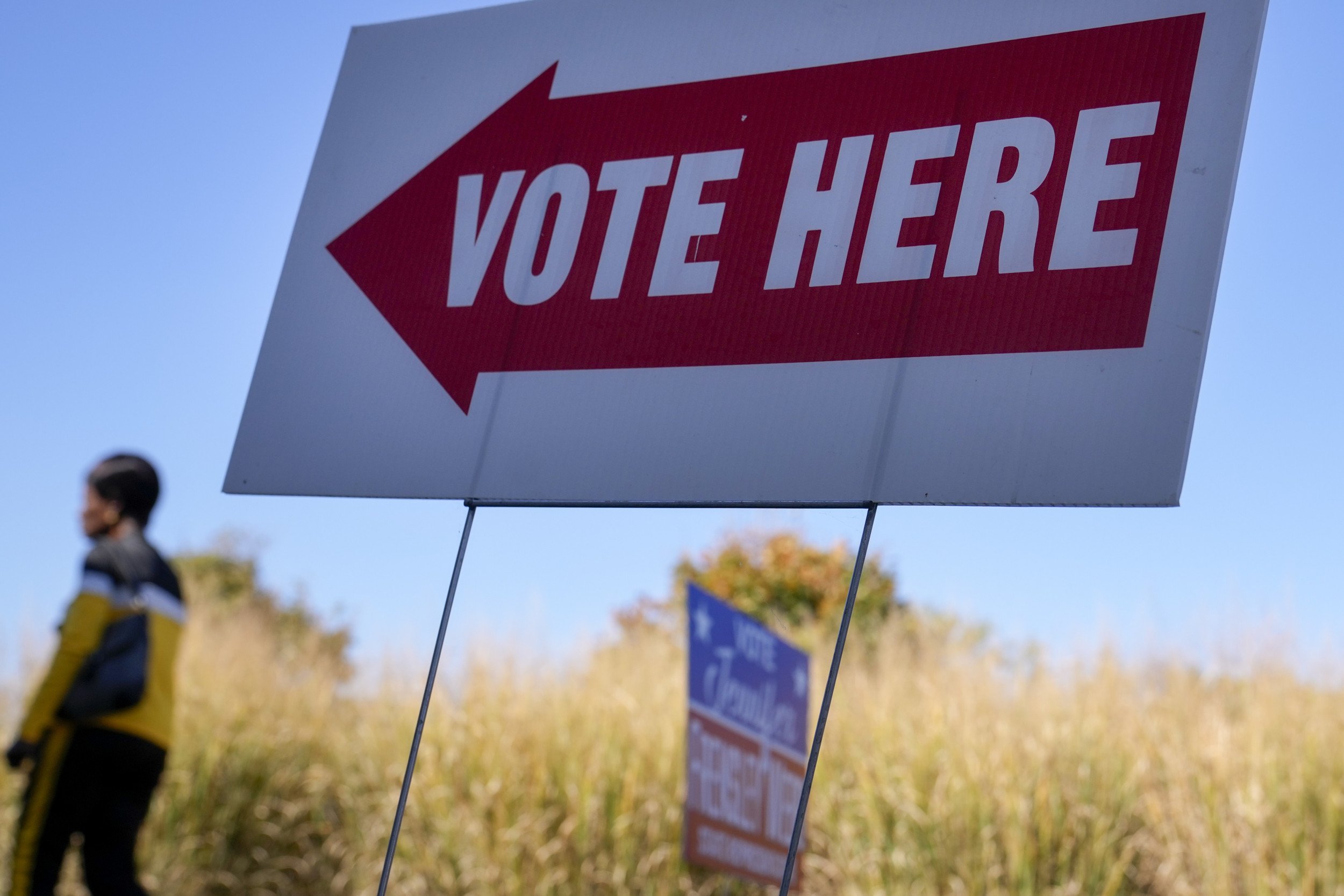- cross-posted to:
- [email protected]
- chadmctruthstruth
- cross-posted to:
- [email protected]
- chadmctruthstruth
Summary
The SAVE Act, reintroduced by Rep. Chip Roy (R-TX), would require proof of U.S. citizenship to register to vote, relying on documents like birth certificates and passports.
Critics argue it could disenfranchise millions, particularly married women whose names no longer match their birth certificates. The bill does not recognize marriage certificates as valid proof of identity.
Supporters say it protects election integrity, while opponents highlight the minimal occurrence of noncitizen voting.
With Republican control of Congress and the White House, the bill is likely to pass.



Historically, when countries do this kind of thing it’s more often targeted at unmarried men. The English have done it, the Ottomans did, even ancient Rome did at one point (though Rome taxed both men and women for being celibate or childless, but men were subject to the tax for a wider span of ages). A bunch more places around the world have at various times either tax unmarried and/or childless men or flirted with the idea - it’s a shockingly long list. Most of them didn’t do the same to unmarried women, or if they did the tax applied to women for fewer years or was higher for men. Most of those have been dead for decades at this point, in large part because they’re not effective at getting people to breed.
In the US, Missouri briefly taxed unmarried men, before replacing it with a poll tax the next year. Montana did as well, though it got struck down by their courts (not because of gender inequality but because of phrasing in the state constitution that was interpreted to prohibit that kind of tax). New York, Connecticut, Wyoming, New Jersey, Delaware, Georgia, Minnesota, and California all flirted with the idea of taxing bachelors but never passed it. Michigan proposed a bachelor tax 9 different times but never managed to pass it.
I don’t know of any cases where unmarried or childless women were subject to a punitive tax but unmarried or childless men weren’t (or even cases where it was seriously proposed), barring a few cases where the age ranges were different, typically with the tax applying to women starting at an earlier starting age but for men to a later final age (for example women 20-50 vs men 25-60 by the Romans, or women 20-45 vs men 25-50 by the Soviets). I’d be curious when, how often or to what extent that has ever happened.
Thanks for that write up. I had no clue that these taxes existed. Was the purpose of taxing unmarried men more due to the fact that historically men were the ones earning a living while women were more unpaid labor (house wives)? Or was it that women historically haven’t had much of a say in who they will marry?